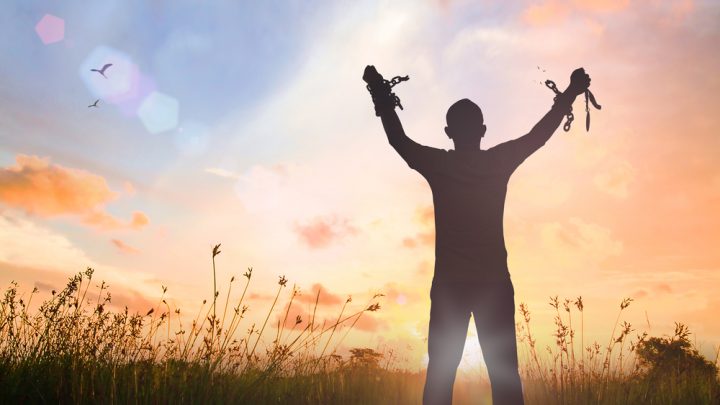Our society is rife with discontent these days. We are easily outraged at gun massacres, and equally outraged when governments attempt to restrict our freedom of choice. We won’t stand for terrorism, but secret surveillance is a non-starter. Every new ideology has to be thrust into the faces of citizens through our school systems regardless of creed.
We end up with the untenable: Everyone should be free until your freedom encroaches on mine, at which point I will do my utmost to cancel you.
The ability to hate and hold grudges hyper-enabled by social media seems endless.
Here is an even more extreme example from Canada as written in the National Post: “Last week, the court issued a unanimous decision, that rules out unconditional life imprisonment in Canada on the grounds that such a thing constitutes “cruel and unusual punishment.” The ruling was issued in order to guarantee that mass mosque murderer Alexandre Bissonnette will one day have the benefit of parole board hearings; he might otherwise experience despair, and we can’t have that.”
It’s easy to empathize with the sentiment. Someone who kills others needs to pay the maximum price. There must be a penalty. Every harmful behavior exacts some kind of price. We want them to suffer for the hurt caused. I feel the same way.
But I also believe there is always room for redemption and healing, even in the worst of circumstances. Headlines are made when a mother embraces her son’s killer, when a child welcomes the bully into a home where there is love instead of abuse, when discrimination receives a response of kindness. It doesn’t always work, but it can break the crust of resistance and unlock a person’s desire to change for the better.
Is it right to assume that some people cannot experience remorse; that they can never be redeemed? That they cannot change? I can’t live in that world. I cannot cancel a fellow human because they made a mistake, no matter how heinous, because I’m just as guilty in the multitude of ways I’ve bent the truth, acted without honor, and hurt others with my lack of empathy.
Change cannot happen without people. Those who work to enact change must have the highest belief in the ability of people to adapt. Many of you have worked with some of the toughest nuts, and successfully cracked them. We use proven approaches to appeal and persuade, knowing that people generally respond.
Returning to the commentary on the court’s decision, the reference to despair is important. Change is rare in the absence of hope. A core part of our work is to create hope, chiefly by demonstrating our belief in the ability of people to adapt. Humans are incredibly resilient, most of all when they see possibilities in their future.
Are there exceptions? Yes. We recognize when someone is not going to be able to adapt. Physical capacity and mental health can put real limits on what a person can achieve. Some have emotional barriers, fear and pride so strong that change in the near term is impossible. But I still believe that given the right circumstances they can excel, adapt, and achieve something greater. Where there is desire, miracles still happen.
In the spirit of improving ourselves, take a moment to reflect on your beliefs about the nature of humankind. What is fundamental to the success of your work? Is everyone free to change, or are there exceptions? Are there some people that are too easily written off when the going gets tough? Taken to the extreme, how do your assumptions about your stakeholders hold up?
Some people belong in jail forever. They take no steps to change. They are not interested in redemption. And they never will be where there is no hope.
Believing in a person’s ability to change is fundamental to the work that I do and it drives my approach to people. By setting limits on what people can do, are you setting limits on yourself?
Thoughtfully yours,
Jeff Skipper



